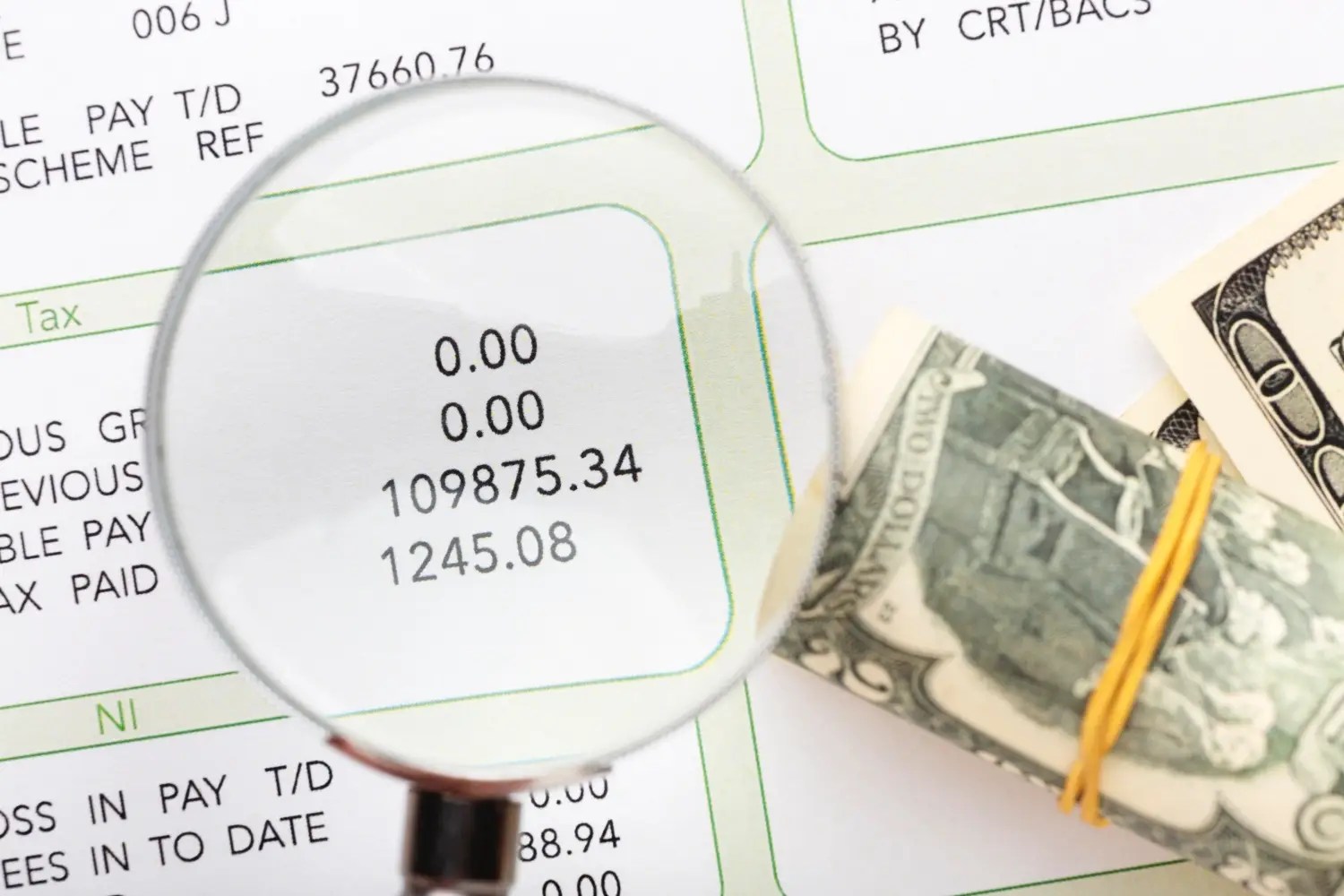Finding old 401k accounts can seem daunting, but with the right approach, you can reclaim your lost retirement funds. In today's fast-paced world, many individuals change jobs multiple times, often leaving behind retirement savings in old 401k accounts. This article will guide you through the process of locating these forgotten accounts, ensuring you make the most of your retirement savings.
In this guide, we will explore the steps you can take to find your old 401k accounts, the importance of consolidating retirement funds, and how to avoid common pitfalls. We understand that retirement planning is a critical aspect of your financial future, and we aim to empower you with the knowledge needed to secure your financial well-being.
Whether you are approaching retirement or simply want to ensure that you are maximizing your savings, this article provides actionable insights and resources. Let’s dive into the process of finding your old 401k accounts and take the first steps toward better financial security.
Table of Contents
- Understanding 401k Accounts
- Why Find Old 401k Accounts?
- Steps to Find Old 401k Accounts
- Check Your Last Paystub
- Contact Former Employers
- Use Online Resources
- Check the National Registry of Unclaimed Retirement Benefits
- Consolidating Your 401k
- Common Pitfalls to Avoid
- The Benefits of Keeping Track
- Final Thoughts
Understanding 401k Accounts
A 401k account is a retirement savings plan sponsored by an employer. It allows employees to save a portion of their paycheck before taxes are taken out. These accounts often come with employer matching contributions, making them a valuable tool for building retirement savings.
There are two main types of 401k accounts: traditional and Roth. A traditional 401k allows you to contribute pre-tax dollars, while a Roth 401k allows contributions to be made with after-tax dollars. Understanding the type of 401k you have can help you determine the best strategy for finding and managing your funds.
Why Find Old 401k Accounts?
Locating old 401k accounts is crucial for several reasons:
- Maximizing Retirement Savings: Forgotten accounts represent potential growth that can significantly increase your retirement funds.
- Avoiding Fees: Many 401k plans charge maintenance fees, which can erode your savings over time.
- Consolidation: Keeping all your retirement savings in one place simplifies management and tracking.
Steps to Find Old 401k Accounts
Here are the steps you can take to locate your old 401k accounts:
1. Check Your Last Paystub
Your last paystub or W-2 form may contain information about your 401k contributions and the name of the plan provider. This can serve as a starting point in your search.
2. Contact Former Employers
Reach out to the HR department of your previous employers. They are often equipped to help you locate your old 401k accounts or provide you with the necessary contact information for the plan administrator.
3. Use Online Resources
Several online tools can help you track down old 401k accounts. Websites such as 401kplan.com and the National Association of Plan Advisors offer resources for finding lost retirement accounts.
4. Check the National Registry of Unclaimed Retirement Benefits
The National Registry is a free service that helps individuals find unclaimed retirement benefits. Simply enter your information, and the registry will search for any unclaimed retirement accounts associated with your name.
Consolidating Your 401k
Once you locate your old 401k accounts, consider consolidating them into a single plan. This can simplify your retirement planning and make it easier to manage your investments. Options for consolidation include rolling over into an IRA or combining with your current employer's 401k plan.
Common Pitfalls to Avoid
While searching for old 401k accounts, be aware of these common pitfalls:
- Ignoring Small Balances: Even small balances can grow over time, especially with compound interest.
- Not Keeping Records: Failing to keep track of your retirement accounts can lead to lost savings.
- Missing Deadlines: Some 401k plans have specific deadlines for rolling over or cashing out funds.
The Benefits of Keeping Track
Regularly monitoring your 401k accounts can lead to better financial decision-making. Benefits include:
- Improved Retirement Planning: Knowing the status of all your accounts can help you make informed decisions about saving and investing.
- Increased Savings: By consolidating accounts, you can reduce fees and improve your investment strategy, leading to higher savings over time.
Final Thoughts
Finding old 401k accounts is an essential step towards securing your financial future. By following the steps outlined in this article, you can locate your lost retirement funds and ensure that you are maximizing your savings. Don't hesitate to take action – start your search today and take control of your retirement planning.
If you found this article helpful, please leave a comment, share it with others, or check out our other articles for more financial advice!
Thank you for reading, and we hope to see you back here for more insightful content on managing your finances and planning for a secure future.




